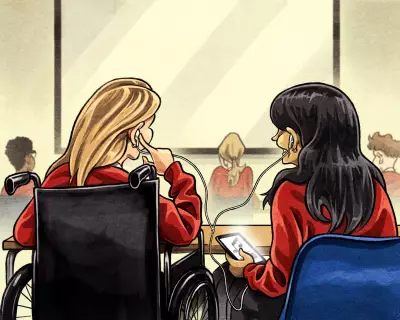
In the heart of Darfur, the city of El Fasher became the epicentre of one of the most devastating humanitarian crises of our time. New evidence reveals the systematic suffering inflicted upon civilians during the brutal siege that gripped the city throughout much of 2024.
A City Under Siege
For months, El Fasher was completely cut off from the outside world. Essential supplies including food, water, and medical aid were deliberately blocked, creating what humanitarian workers described as a "man-made famine." The strategic isolation of the city turned urban neighbourhoods into death traps for the civilian population.
The Human Cost
Eyewitness accounts detail unimaginable scenes of suffering. Families were forced to survive on leaves and contaminated water as markets stood empty and prices for basic commodities skyrocketed beyond reach. Medical facilities, deliberately targeted according to multiple reports, operated without electricity, anaesthetics, or basic supplies.
Stories from the Ground
- Doctors performing amputations without pain relief
- Children dying from preventable diseases and malnutrition
- Elderly residents trapped in collapsing buildings under constant shelling
- Mass graves becoming a grim necessity
International Failure
The international community watched as the catastrophe unfolded, with diplomatic efforts repeatedly failing to secure safe corridors for humanitarian aid. Multiple ceasefire agreements collapsed within hours of being announced, leaving civilians increasingly vulnerable to the escalating violence.
The Aftermath
Even as the siege showed signs of easing in early 2025, the city faced a monumental recovery challenge. The psychological trauma inflicted on survivors, particularly children, will require years of dedicated support and rehabilitation. The destruction of critical infrastructure has left El Fasher grappling with a public health crisis that continues to claim lives.
The tragedy of El Fasher stands as a stark reminder of the human cost when conflict trumps humanity, and the international community's mechanisms for protection fail at their most critical moment.






